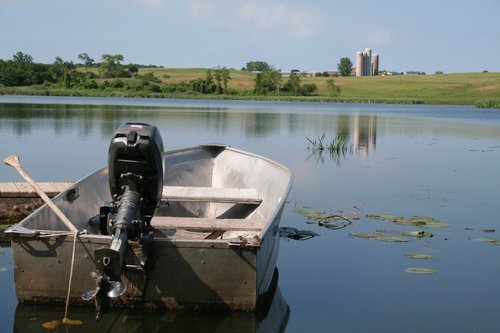
Boat Safety
Boating is an enjoyable hobby that allows people to travel across large expanses of open water. Despite being rewarding, it also has numerous dangers to be aware of. If the boat captain and passengers are prepared, they will maximise their safety.
Even though the boat is surrounded by water, it is possible for fires to start on board. Once the fire begins to spread, it can have devastating consequences. Therefore it is essential to have a working extinguisher on board. It is surprising how prevalent carbon monoxide poisoning is at sea. This tends to be the result of exhaust fumes from generators or issues with stoves that use solid fuel.
Emergencies sometimes occur in remote locations. Portable communication tools are the key to contacting emergency services. If the authorities can be called out swiftly, it significantly increases the chances of survival. In extreme cases, the person might need to jump into the water. Wearing a high quality life jacket will help to prevent drowning. Flotation devices have saved a lot of lives over the years.
Before setting out on a voyage at sea, the owner of the boat needs to perform a range of safety tasks. Smoke and CO2 detectors should be fitted so that the people on board are alerted early. It is wise to create a fire action plan and train all of the passengers. When changing gas cylinders or refuelling, extreme caution needs to be undertaken. If canisters are stored the right way, then leaks will safely flow overboard instead of into cabins.
It is possible for sparks to be created from damaged strands in fuse boxes and battery terminals. The best way to stop this is by checking connections regularly. While performing repairs, it is common for paint, adhesives and spirit products to be utilised. These are hazardous if the space is not well ventilated.
Some people make the mistake of leaving the solid fuel stove lit when they exit the boat. This has in the past led to fires breaking out. Other incidents have occurred due to passengers placing fabric and paper near wood-burning stoves. The key is to recognise these boat dangers and avoid them.
Navigation is also important. Being aware of the exact position of the boat is vital when calling the emergency services. Luckily most modern boats are fitted with GPS tech. This should be fully charged while at sea.
By charlie
- 28, Oct, 2022
- 0 Comments
